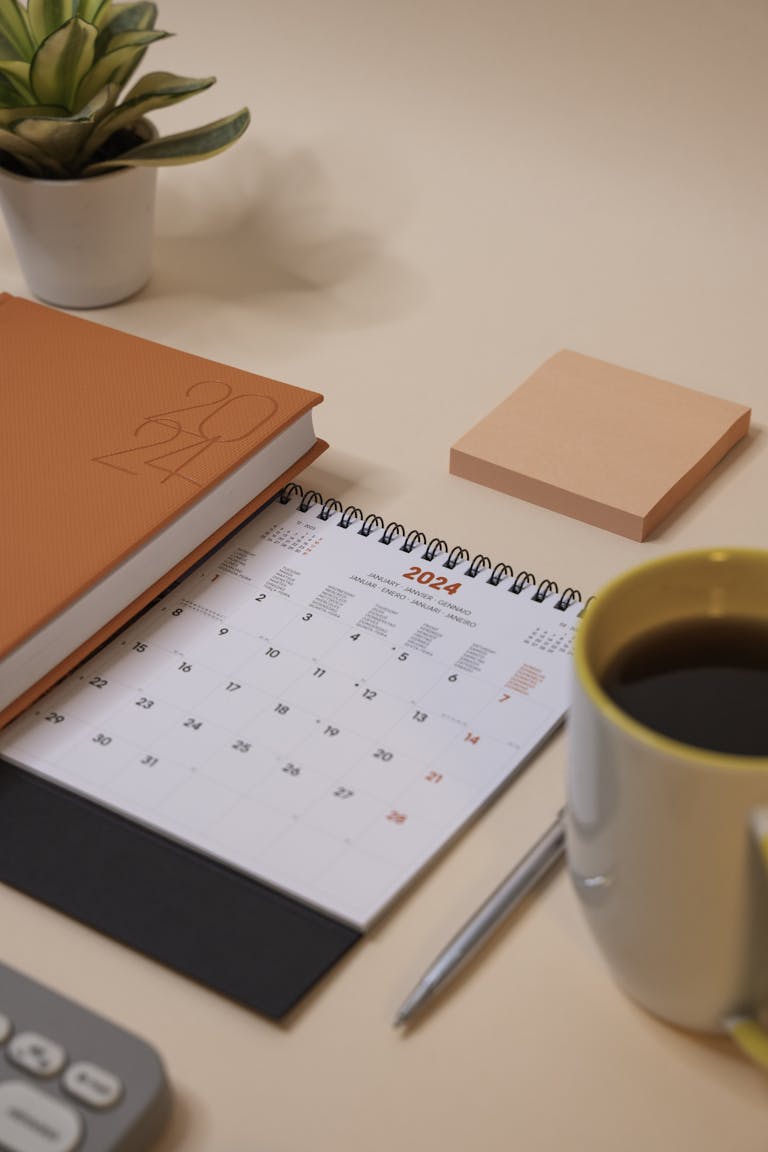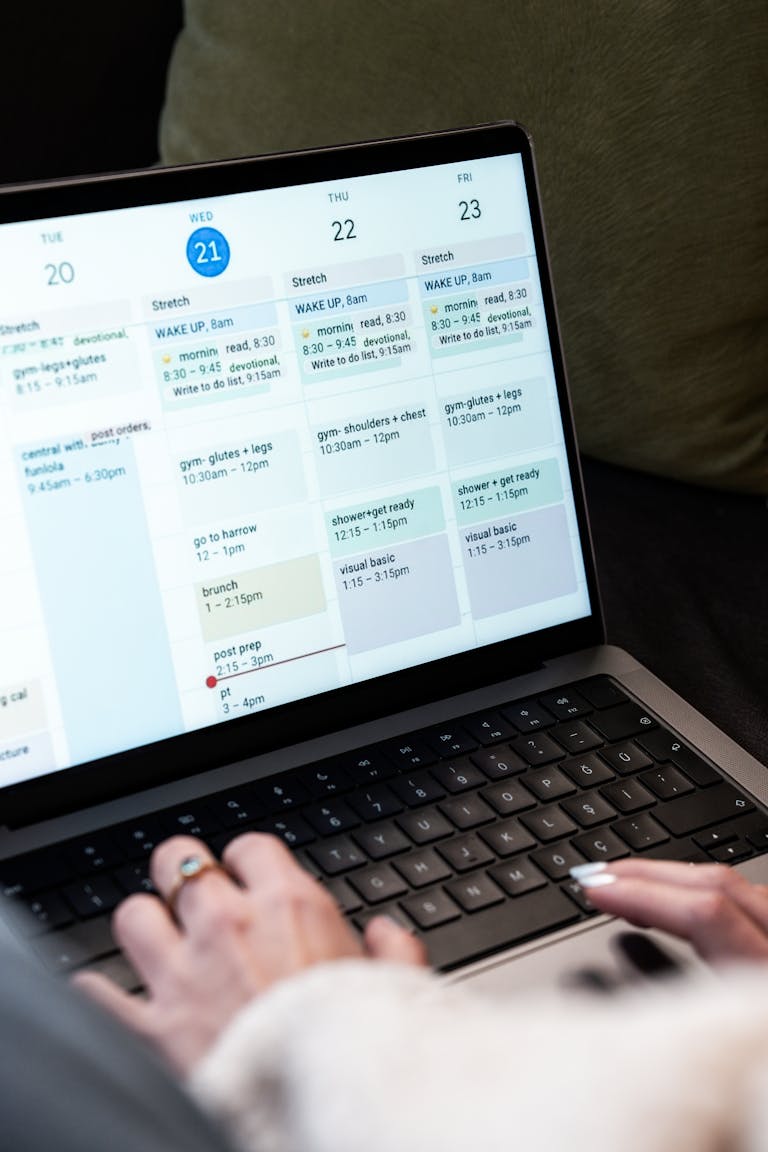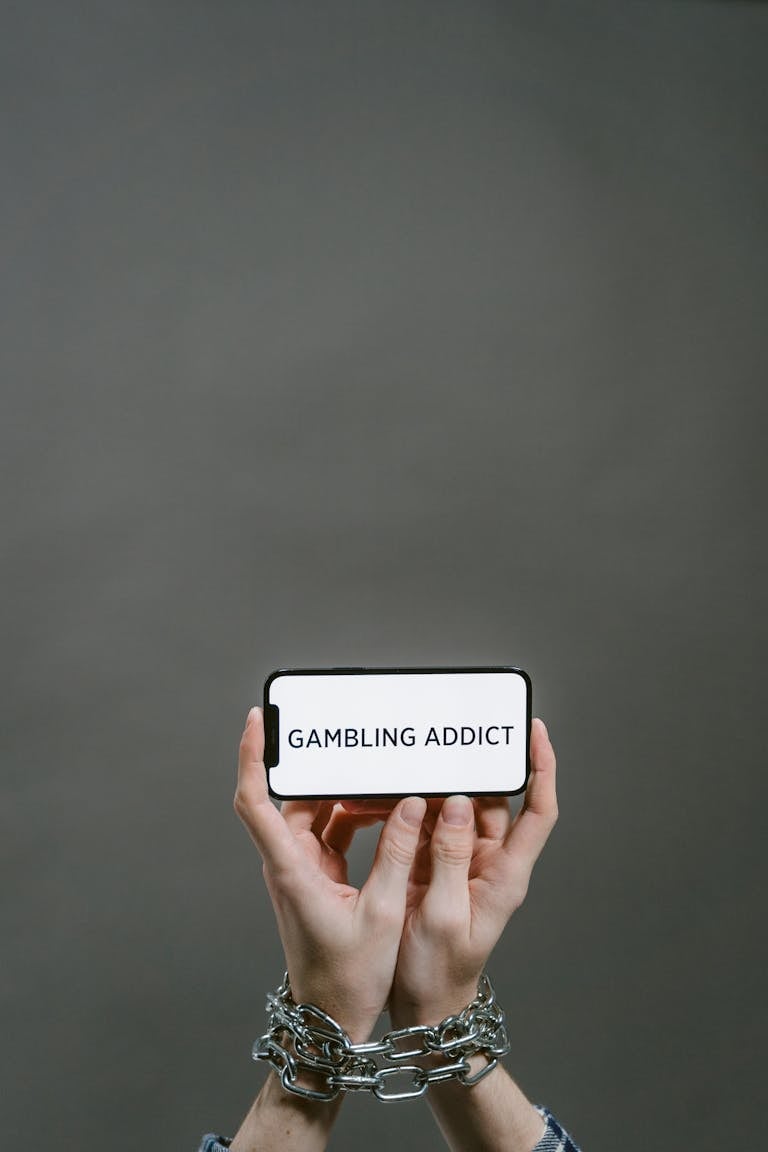Most people think success requires massive willpower. But here’s the truth: discipline isn’t about forcing yourself every day—it’s about designing your day so you don’t have to.
Willpower is a limited resource. If you rely on it alone, you’ll burn out. True discipline is built through systems, not struggle.
Let’s explore how to build reliable, consistent discipline—without exhausting yourself.

1. Understand the Power of Environment
Your environment shapes your behavior more than you realize. Want to build discipline? Start by designing your surroundings to make the right actions easier.
- Want to eat healthy? Remove junk food from your home.
- Want to read more? Leave a book on your pillow.
- Want to work out? Lay out your gym clothes the night before.
Make good habits easy to start and bad habits harder to access.
2. Use Implementation Intentions
Rather than vague goals like “I’ll work out more,” say:
“I’ll work out at 7 a.m. in my living room for 20 minutes.”
These clear intentions reduce friction and decision fatigue. It’s not about choosing what to do every day—it’s about following a pre-set plan.
Use this format:
“I will [behavior] at [time] in [location].”
3. Start Ridiculously Small
Discipline doesn’t mean doing everything at once. It means starting small and building momentum. You don’t need to meditate for 30 minutes. Start with 2. You don’t need to write 1,000 words. Write 50.
Consistency beats intensity every time.
Over time, small wins stack up into big change—without burning willpower.
4. Build Identity-Based Habits
Discipline sticks when it’s tied to who you believe you are. Instead of saying, “I want to write,” say, “I am a writer.” Instead of “I want to get fit,” say, “I’m someone who trains consistently.”
Act like the person you want to become—even if just for 5 minutes a day.
Identity fuels long-term behavior better than external motivation.
5. Automate and Schedule
If it’s not scheduled, it won’t happen. Treat your personal goals like professional meetings—block time for them.
Also, automate where possible:
- Auto-pay bills
- Prep meals once a week
- Set recurring calendar reminders
The less you rely on memory or motivation, the more consistent you become.
6. Remove Decision Fatigue
Discipline breaks down when you’re constantly deciding:
- Should I work out now or later?
- What should I eat?
- Should I write today?
Decide once, in advance. Make routines, not daily decisions. Even Steve Jobs wore the same outfit daily to free up mental energy for what mattered.
7. Track Progress (But Don’t Obsess)
Use a habit tracker, calendar, or journal to visually mark your progress. It gives you:
- A sense of accomplishment
- Motivation to not “break the chain”
- Quick feedback when things slip
But remember, tracking is a tool—not a punishment.
Q: Isn’t discipline just willpower over time?
A: Not exactly. Willpower may help you start, but sustainable discipline comes from structure, systems, and identity-based habits.
Q: What if I miss a day?
A: Missing once is normal. Missing twice creates a new habit—in the wrong direction. Just restart the next day without guilt.
You don’t need more willpower. You need better systems.
Pick one strategy today—set an implementation intention, prepare your environment, or shrink your goal. Discipline is the result of smart design, not self-punishment.

I’m EKBAL HOSSAIN MONDAL, the creator of SmartSolveTips.com — a blog dedicated to helping people improve productivity, avoid digital burnout, and live better online. With years of hands-on experience in self-development and digital wellness, I write practical tips and tools to help you stay focused and thrive in a fast-paced digital world.






